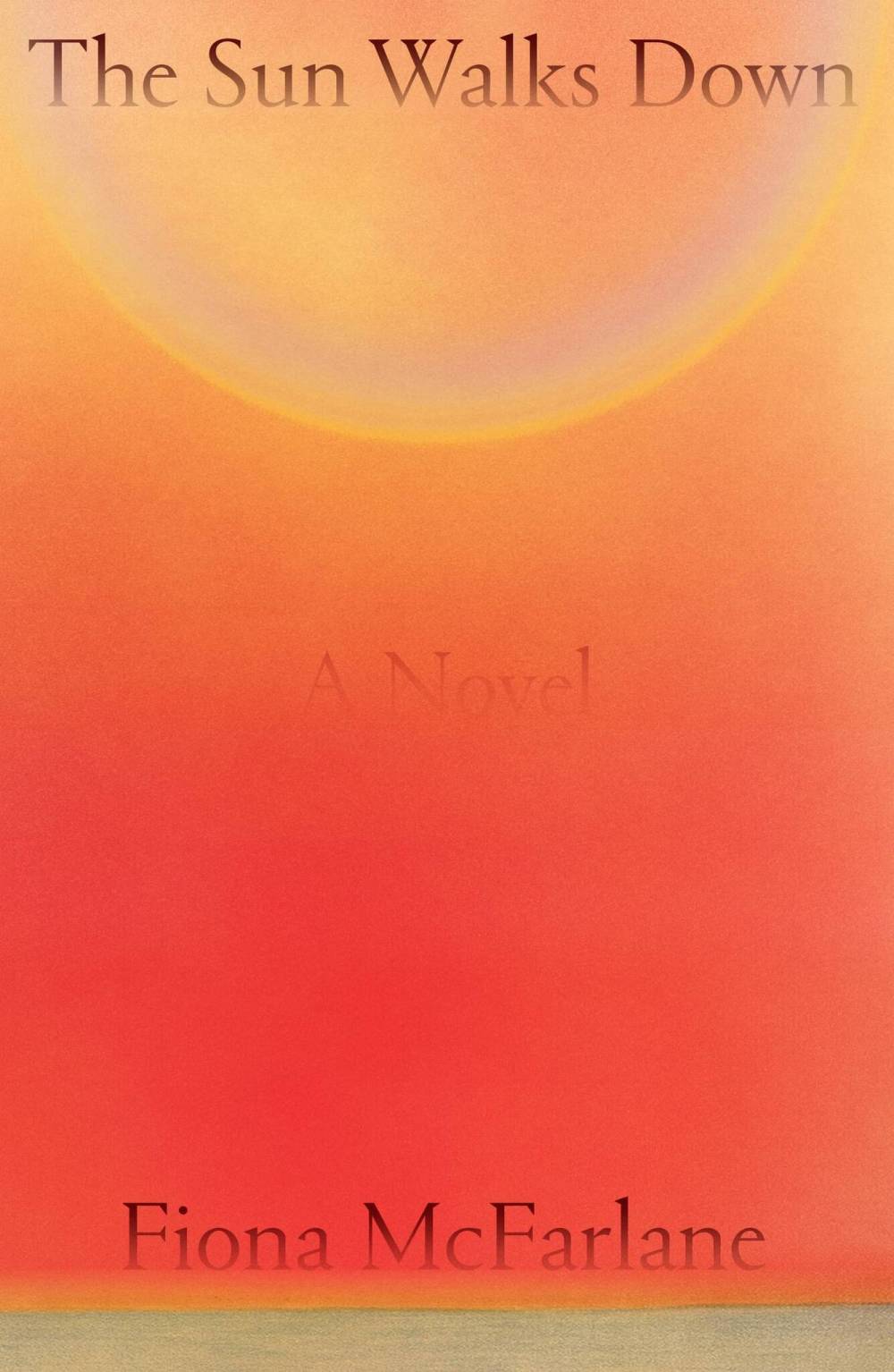Boy lost in outback forces town’s lot together
Advertisement
Read this article for free:
or
Already have an account? Log in here »
To continue reading, please subscribe:
Monthly Digital Subscription
$1 per week for 24 weeks*
- Enjoy unlimited reading on winnipegfreepress.com
- Read the E-Edition, our digital replica newspaper
- Access News Break, our award-winning app
- Play interactive puzzles
*Billed as $4.00 plus GST every four weeks. After 24 weeks, price increases to the regular rate of $19.00 plus GST every four weeks. Offer available to new and qualified returning subscribers only. Cancel any time.
Monthly Digital Subscription
$4.75/week*
- Enjoy unlimited reading on winnipegfreepress.com
- Read the E-Edition, our digital replica newspaper
- Access News Break, our award-winning app
- Play interactive puzzles
*Billed as $19 plus GST every four weeks. Cancel any time.
To continue reading, please subscribe:
Add Free Press access to your Brandon Sun subscription for only an additional
$1 for the first 4 weeks*
*Your next subscription payment will increase by $1.00 and you will be charged $16.99 plus GST for four weeks. After four weeks, your payment will increase to $23.99 plus GST every four weeks.
Read unlimited articles for free today:
or
Already have an account? Log in here »
Hey there, time traveller!
This article was published 08/04/2023 (917 days ago), so information in it may no longer be current.
Australian Fiona McFarlane’s debut novel The Night Guest was narrowly focused on the experiences and remembrances of Ruth, a 75-year-old widow. With her adult children far away and living alone in an isolated Australian beach house, Ruth is left alone to deal with both the existential threat of potential elder abuse and the psychological threat of becoming unmoored from her memories and history in the face of creeping dementia. All the while Ruth also explores anew memories of a missionary childhood in Fiji from six or seven decades prior.
In this engaging sophomore novel, McFarlane casts even further back in time to a small-town outpost in 1883 colonial Australia. The precipitating event is the disappearance of a six-year-old boy, Denny Wallace, in the unforgiving outback after he gets turned around in a dust storm. It brings to mind Incident at Hawk’s Hill, the 1971 Canadian Prairies-set historical novel by Allan W. Eckert, in which another lost six-year-old is adopted by a mother badger who has lost her cubs and learns to live as a badger for months.
Like that novel, The Sun Walks Down has the potential to be an isolating tale, but not the way McFarlane tells it. The missing boy creates a situation whereby all sorts of people are forced to interact or cooperate when they might otherwise ignore each other socially. These include Indigenous trackers and European colonists, wealthy property owners and working men, an elderly German-born Lutheran woman with a certain sense of propriety and a whole host of others that fall short of her expectations.

The Sun Walks Down
The Wallace family includes Denny’s father, who spends most of the daylight hours planting parsnips, Denny’s hearing-impaired mother as well as five sisters, including Cissy. Second-eldest and inexplicably, adolescently angry, Cissy is also the natural leader in any crisis.
Other key characters include the local constable, whose wedding ceremony was interrupted by the same dust storm in which the boy was lost; Billy Rough, the Indigenous hired hand of the Wallace’s struggling farm; and a Swedish painter whose trek to paint the colours of the outback alternately intrigue or offend the townsfolk, but also puts him somewhere in the same wilderness that had swallowed Denny.
The boy himself appears only in brief spurts, and large portions of the novel leave the reader unaware if Denny is alive or dead, or whether he will even be found by the time the story is complete. His fate is important, but this is as much a story about small-town gossip, old rivalries and resentments and the unspoken power relationships that rest just below a surface layer that is less social fabric and more social veneer.
Parts of the novel could read almost like a comedy of manners, but McFarlane does not play these interactions and social negotiations to humourous effect. Instead, the narrative serves as a vehicle to an incisive and uncomfortable dissection of a racially and class-segmented society.
Almost a full century into Australia’s colonial era, there is a palpable tension sure to discomfit most contemporary readers. But at the centre of it all, still innocent, is one lost little boy and the hope that, despite it all, enough people can come together to save him.
Joel Boyce is a Winnipeg writer and educator.

